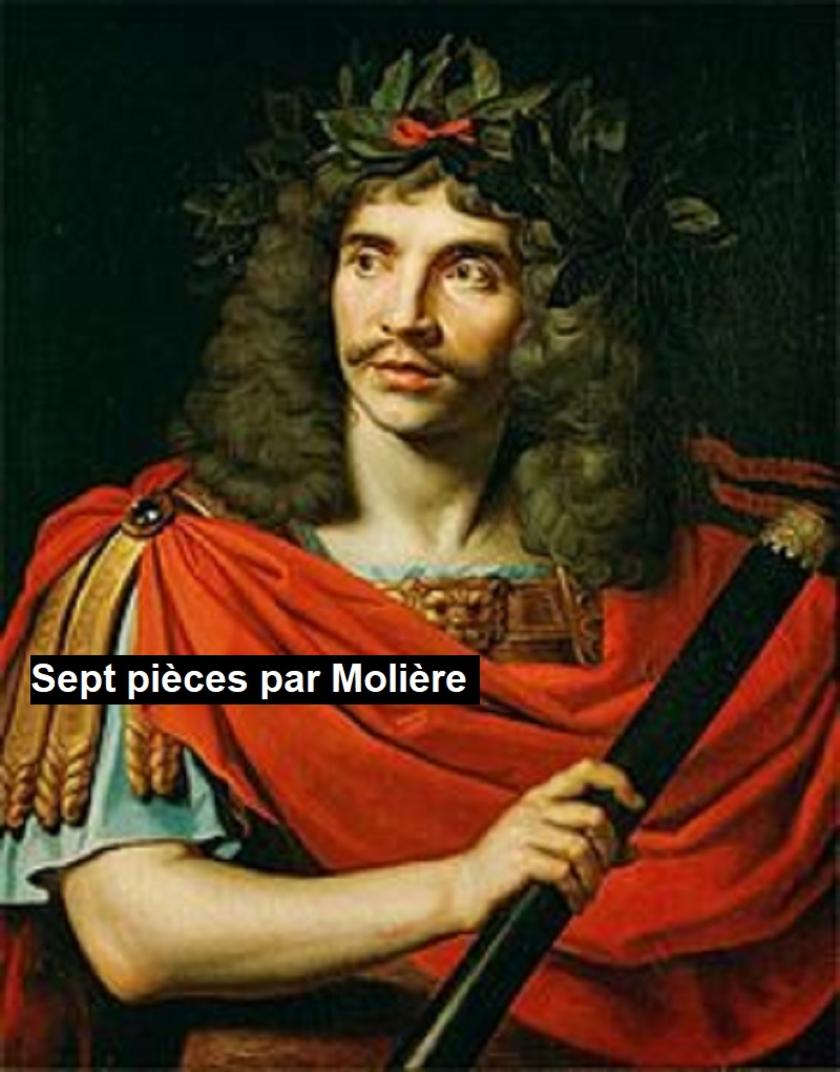
Sept pièces
¥8.09
Ce fichier comprend: Don Juan ou Le Festin de Pierre (1663); L'Avare (1667); L'?tourdi ou Les Contre-Temps (1653-1658); Le Mariage Forcé (1664); Le Médecin Malgré Lui (1666); Les Précieuses Ridicules (1659); et Sganarelle ou Le Cocu Imaginaire (1660); Selon Wikipedia: "Jean-Baptiste Poquelin, connu surtout sous son nom de scène Molière (15 janvier 1622 - 17 février 1673) était un dramaturge et acteur fran?ais considéré comme l'un des plus grands ma?tres de la comédie dans la littérature occidentale. Les drames les plus connus de Molière sont Le Misanthrope (Le Misanthrope), L'?cole des femmes, Tartuffe ou L'Imposteur, Tartuffe ou l'Hypocrite, L'Avare ou L'?cole du Mensonge. Le Malade imaginaire, et Le Bourgeois gentilhomme, issu d'une famille prospère et ayant étudié au Collège de Clermont (aujourd'hui le Lycée Louis-le-Grand), Molière était bien placé pour débuter une La vie au thé?tre Treize ans en tant qu'acteur itinérant l'ont aidé à peaufiner ses capacités comiques en commen?ant à écrire, en combinant les éléments de la Commedia dell'Arte avec la comédie fran?aise, plus raffinée.
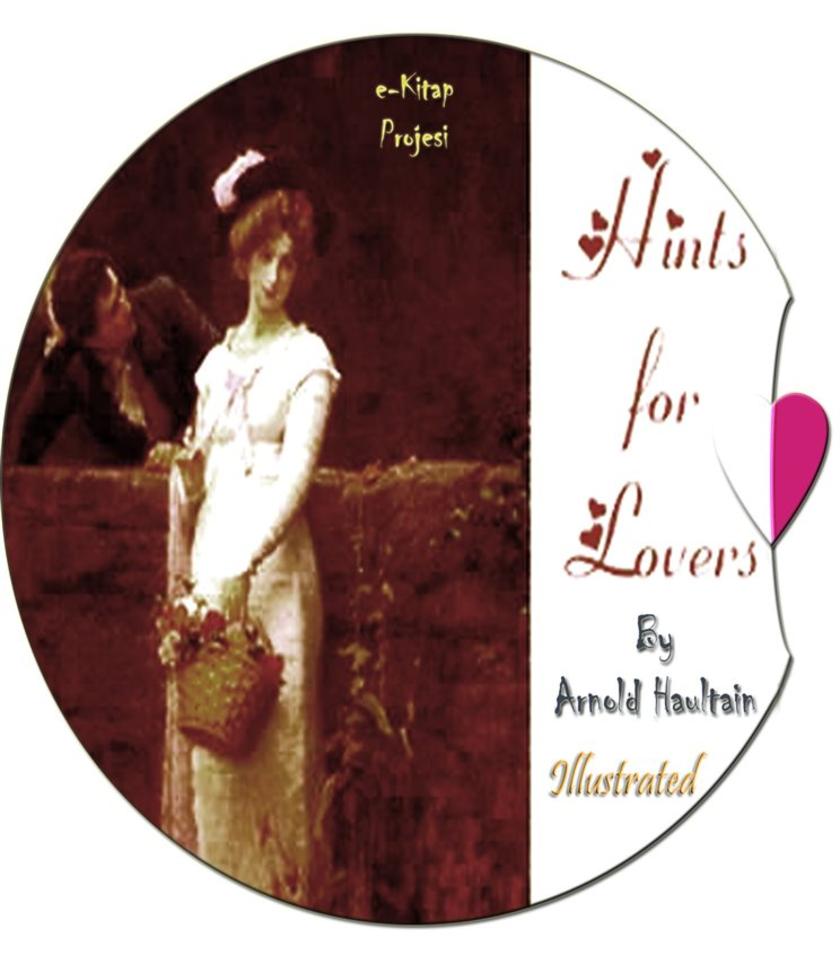
Hints for Lovers: "The Secret Nature and Psychology of Love"
¥18.74
The Aeneid is widely considered Virgil's finest work and one of the most important poems in the history of western literature. Virgil worked on the Aeneid during the last eleven years of his life (29–19 BC), commissioned, according to Propertius, by Augustus. The epic poem consists of 12 books in dactylic hexameter verse which describe the journey of Aeneas, a warrior fleeing the sack of Troy, to Italy, his battle with the Italian prince Turnus, and the foundation of a city from which Rome would emerge. The Aeneid's first six books describe the journey of Aeneas from Troy to Rome. Virgil made use of several models in the composition of his epic; Homer the preeminent classical epicist is everywhere present, but Virgil also makes especial use of the Latin poet Ennius and the Hellenistic poet Apollonius of Rhodes among the various other writers to which he alludes. Although the Aeneid casts itself firmly into the epic mode, it often seeks to expand the genre by including elements of other genres such as tragedy and aetiological poetry. Ancient commentators noted that Virgil seems to divide the Aeneid into two sections based on the poetry of Homer; the first six books were viewed as employing the Odyssey as a model while the last six were connected to the Iliad. Book 1 (at the head of the Odyssean section) opens with a storm which Juno, Aeneas' enemy throughout the poem, stirs up against the fleet. The storm drives the hero to the coast of Carthage, which historically was Rome's deadliest foe. The queen, Dido, welcomes the ancestor of the Romans, and under the influence of the gods falls deeply in love with him. At a banquet in Book 2, Aeneas tells the story of the sack of Troy, the death of his wife, and his escape, to the enthralled Carthaginians, while in Book 3 he recounts to them his wanderings over the Mediterranean in search of a suitable new home. Jupiter in Book 4 recalls the lingering Aeneas to his duty to found a new city, and he slips away from Carthage, leaving Dido to commit suicide, cursing Aeneas and calling down revenge in a symbolic anticipation of the fierce wars between Carthage and Rome. In Book 5, Aeneas' father Anchises dies and funeral games are celebrated for him. On reaching Cumae, in Italy in Book 6, Aeneas consults the Cumaean Sibyl, who conducts him through theUnderworld where Aeneas meets the dead Anchises who reveals Rome's destiny to his son. Book 7 (beginning the Iliadic half) opens with an address to the muse and recounts Aeneas' arrival in Italy and betrothal to Lavinia, daughter of King Latinus. Lavinia had already been promised to Turnus, the king of the Rutulians, who is roused to war by the Fury Allecto, and Amata Lavinia's mother. In Book 8, Aeneas allies with King Evander, who occupies the future site of Rome, and is given new armor and a shield depicting Roman history. Book 9 records an assault by Nisus and Euryalus on the Rutulians, Book 10, the death of Evander's young son Pallas, and 11 the death of the Volscian warrior princess Camilla and the decision to settle the war with a duel between Aeneas and Turnus. The Aeneid ends in Book 12 with the taking of Latinus' city, the death of Amata, and Aeneas' defeat and killing of Turnus, whose pleas for mercy are spurned. The final book ends with the image of Turnus' soul lamenting as it flees to the underworld.
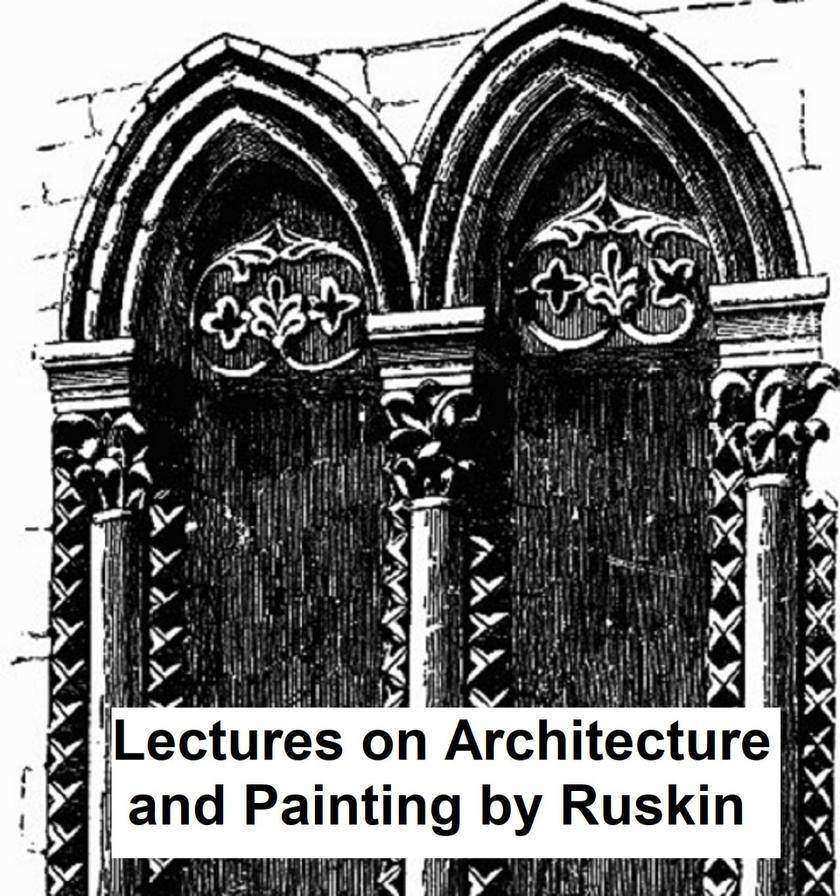
Lectures on Architecture and Painting
¥8.09
According to Wikipedia: "John Ruskin (8 February 1819 – 20 January 1900) is best known for his work as an art critic, stage writer, and social critic, but is remembered as an author, poet and artist as well. Ruskin's essays on art and architecture were extremely influential in the Victorian and Edwardian eras."
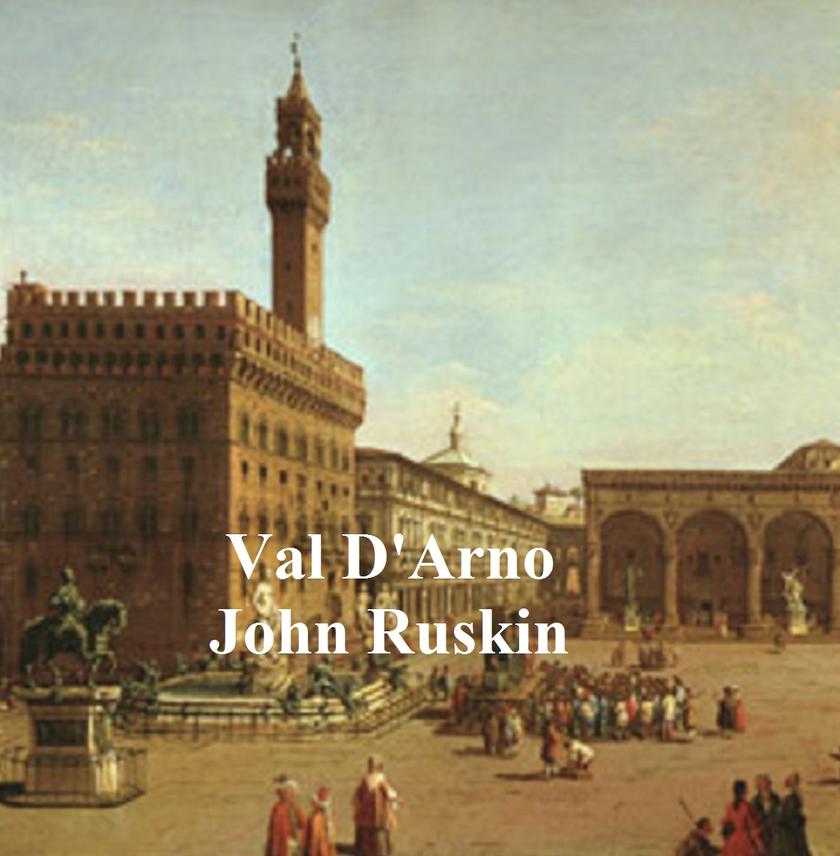
Val D'Arno
¥8.09
According to Wikipedia: "John Ruskin (8 February 1819 – 20 January 1900) is best known for his work as an art critic, stage writer, and social critic, but is remembered as an author, poet and artist as well. Ruskin's essays on art and architecture were extremely influential in the Victorian and Edwardian eras."
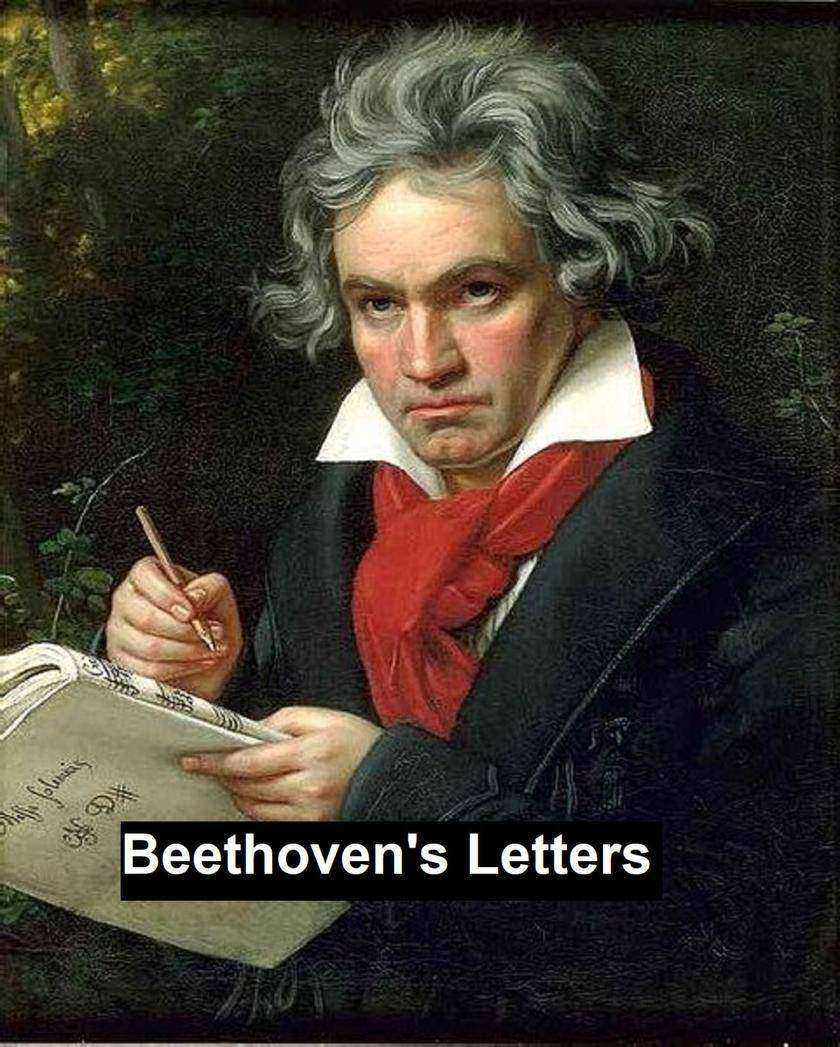
Beethoven's Letters
¥8.09
From the collection of Dr. Ludwig Nohl, also his letters to the Archduke Rudolph, Cardinal-Archbishop of Olmuetz, from the collection of Dr. Ludwig Ritter von Koechel. Translated by Lady Wallace. According to Wikipedia: "Ludwig van Beethoven (16 December 1770 – 26 March 1827) was a German composer and pianist. He was a crucial figure in the transitional period between the Classical and Romantic eras in Western classical music, and remains one of the most acclaimed and influential composers of all time."
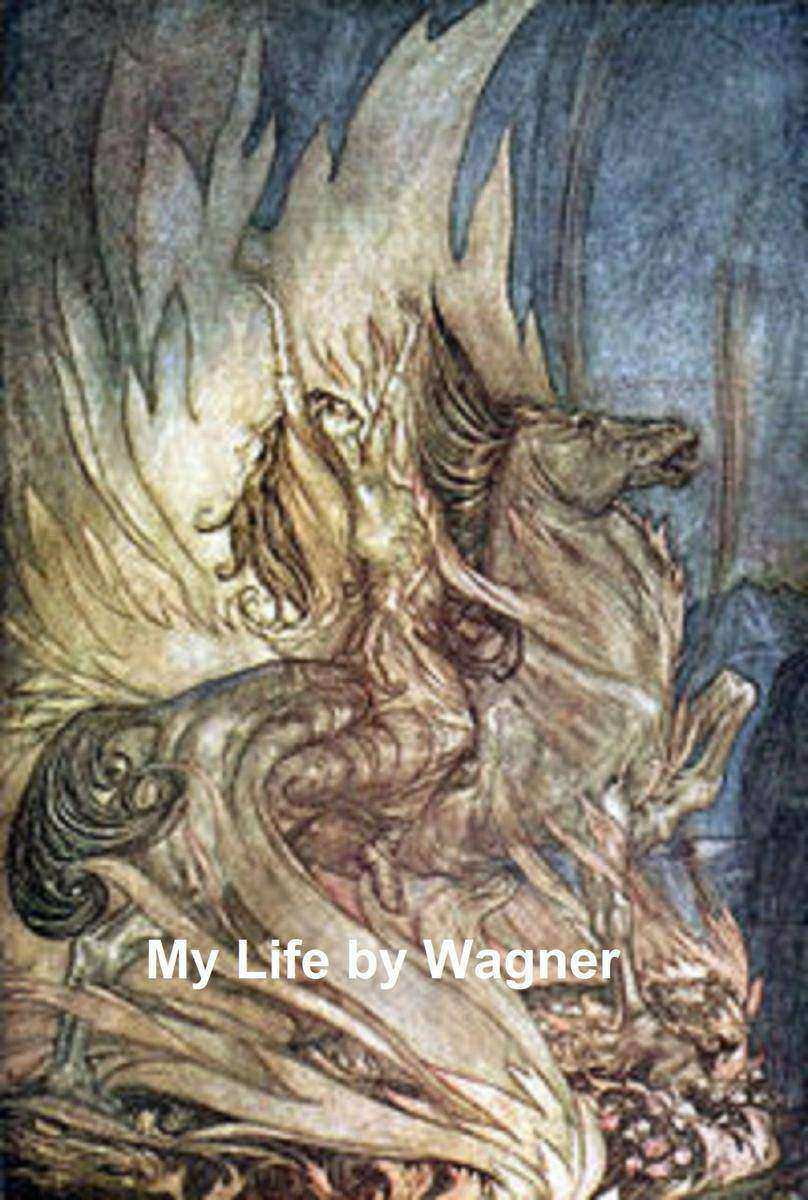
My Life
¥8.09
This translation first published in 1911. According to Wikipedia: "Wilhelm Richard Wagner (22 May 1813, Leipzig, Germany – 13 February 1883, Venice, Italy) was a German composer, conductor, theatre director and essayist, primarily known for his operas (or "music dramas", as they were later called). Unlike most other great opera composers, Wagner wrote both the scenario and libretto for his works." "Franz Liszt (October 22, 1811 – July 31, 1886) was a Hungarian composer, virtuoso pianist and teacher."
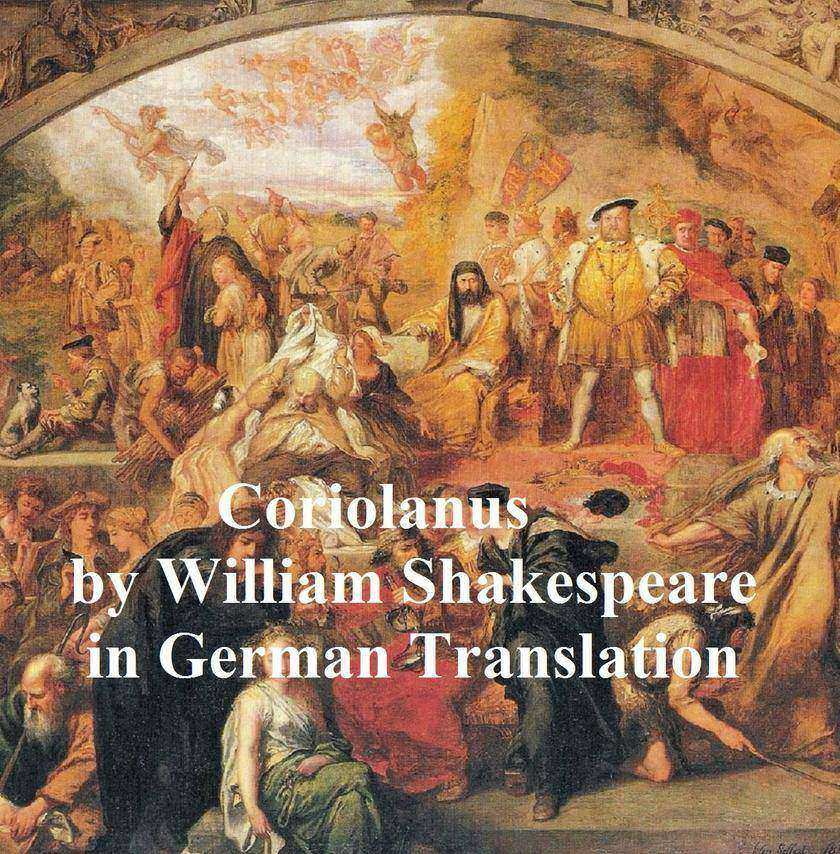
Coriolanus
¥8.09
Deutsche ?bersetzung der Shakespeare-Trag?die. Laut Wikipedia: "Coriolanus ist eine Trag?die von William Shakespeare, die vermutlich zwischen 1605 und 1608 geschrieben wurde. Das Stück basiert auf dem Leben des legend?ren r?mischen Anführers Caius Marcius Coriolanus."
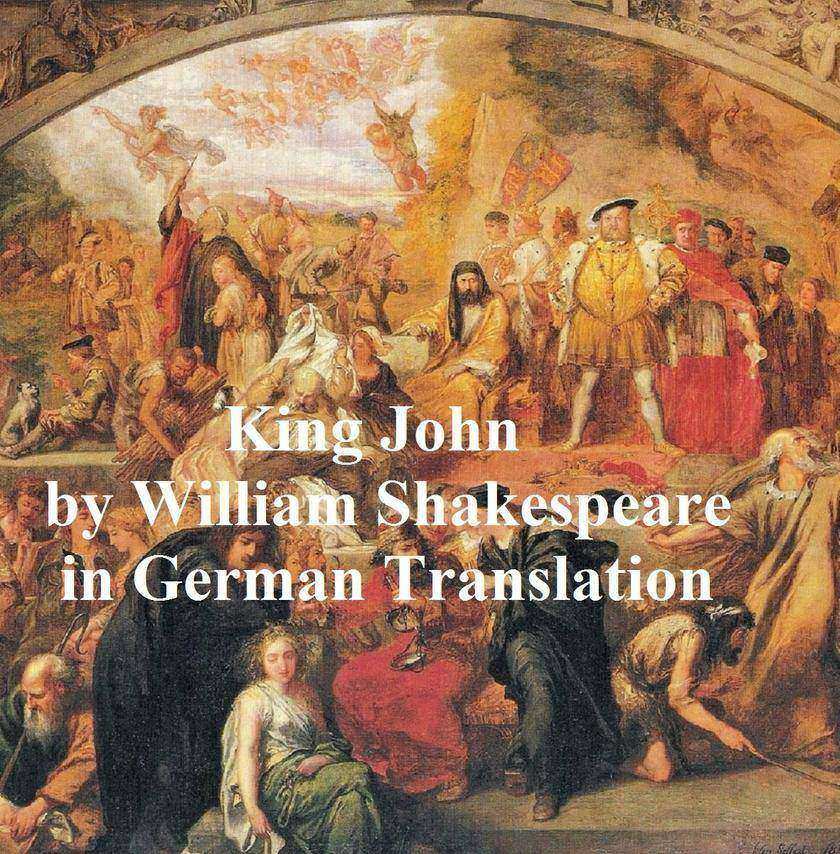
Leben und Tod des Koenigs Johann
¥8.09
Die Shakespeare-Geschichte spielt K?nig John, in deutscher ?bersetzung. Laut Wikipedia: "Das Leben und der Tod von K?nig John, ein Geschichtsstück von William Shakespeare, dramatisiert die Herrschaft von John, K?nig von England (regierte 1199-1216), Sohn von Heinrich II. Von England und Eleonore von Aquitanien und Vater von Henry Es wird angenommen, dass es in der Mitte der 1590er Jahre geschrieben wurde, aber nicht ver?ffentlicht wurde, bis es im Ersten Folio 1623 erschien.
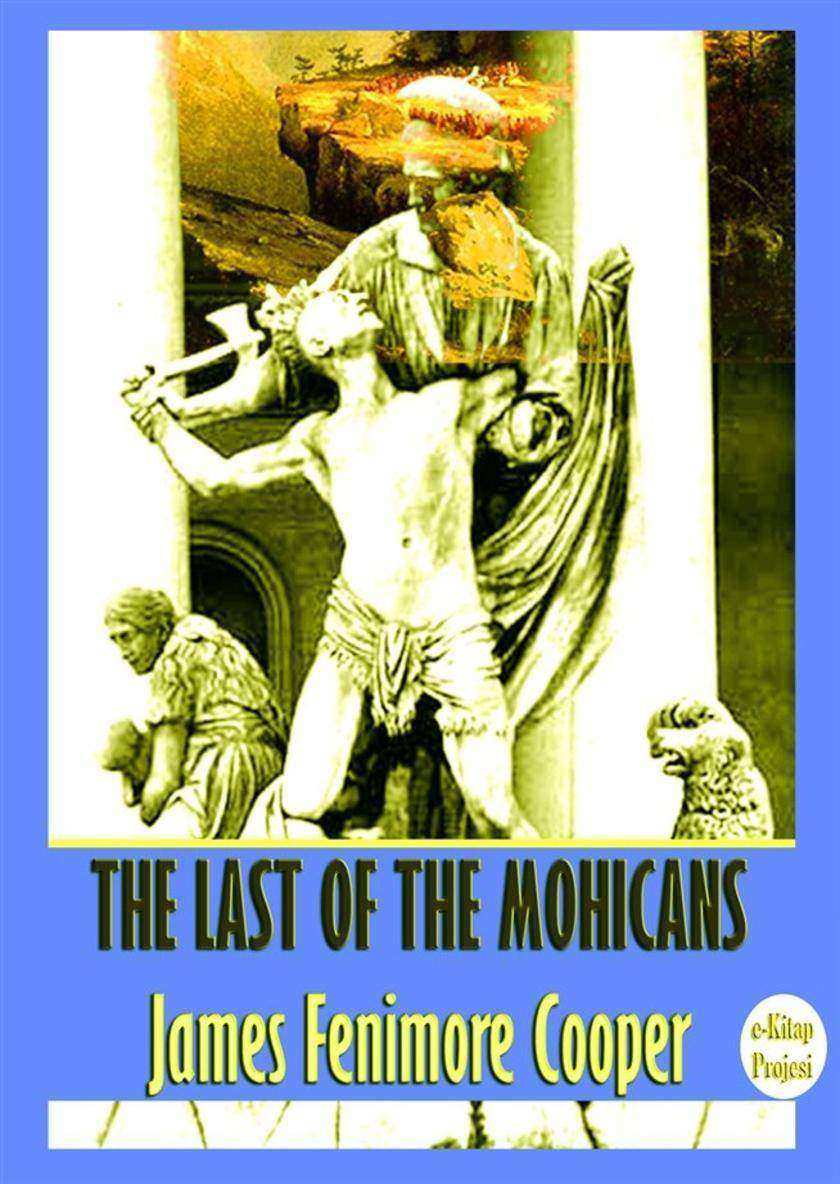
The Last of the Mohicans
¥18.74
ROMANCE and the HISTORY of walled cities are inseparable. Who has not felt this to be so at the sight of hoary ruins lichen-clad and ivy-mantled, that proudly rear their battered crests despite the ravages of time and man’s destructive instincts. It is within walled cities that the life of civilized man began: the walls guarded him against barbarian foes, behind their shelter he found the security necessary to his cultural development, in their defence he showed his finest qualities. And such a city—and such a history is that of Ancient Byzantium, the City of Constantine, the Castle of C?sar. What wonder then that man should endeavour to express by pen and pencil his sense of the greatness and beauty, the Romance of a Walled City such as Constantinople. The more so that a movement is on foot to remove these ancient landmarks of the history of Europe and Asia. True there are other works on this same subject, works by men deeply learned in the history of this fair city, works that bid fair to outlive the city walls if the fell intent of destroying them is carried into execution, and from these men and their works I derived inspiration and information, and so wish to chronicle my gratitude to them—Sir Edwin Pears and Professor van Millingen of Robert College, Constantinople. There are many others too in Constantinople to whom my thanks are due—His Majesty’s Vice-Consul, my host, his colleagues, now my friends, and many others too numerous to mention. They all have helped me in this work, and I am grateful for the opportunity offered me of here recording my thankfulness for their kind offices.B. Granville Baker.
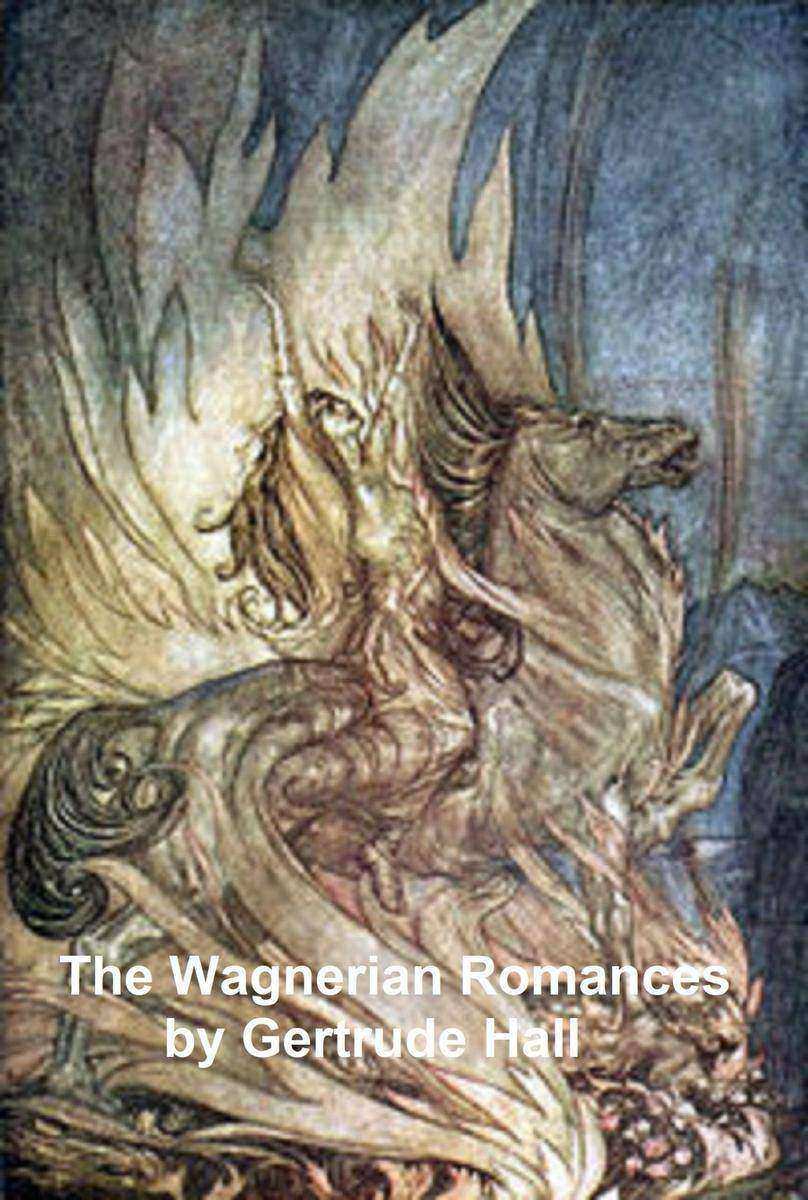
The Wagnerian Romances
¥8.09
Chapters cover: PARSIFAL, THE RHINE-GOLD, THE VALKYRIE (DIE WALK?RE), SIEGFRIED, THE TWILIGHT OF THE GODS (DIE G?TTERD?MMERUNG), THE MASTER-SINGERS OF NUREMBERG, TRISTAN AND ISOLDE, LOHENGRIN, TANNH?USER, and THE FLYING DUTCHMAN. According to Wikipedia: "Wilhelm Richard Wagner (22 May 1813, Leipzig, Germany – 13 February 1883, Venice, Italy) was a German composer, conductor, theatre director and essayist, primarily known for his operas (or "music dramas", as they were later called). Unlike most other great opera composers, Wagner wrote both the scenario and libretto for his works."
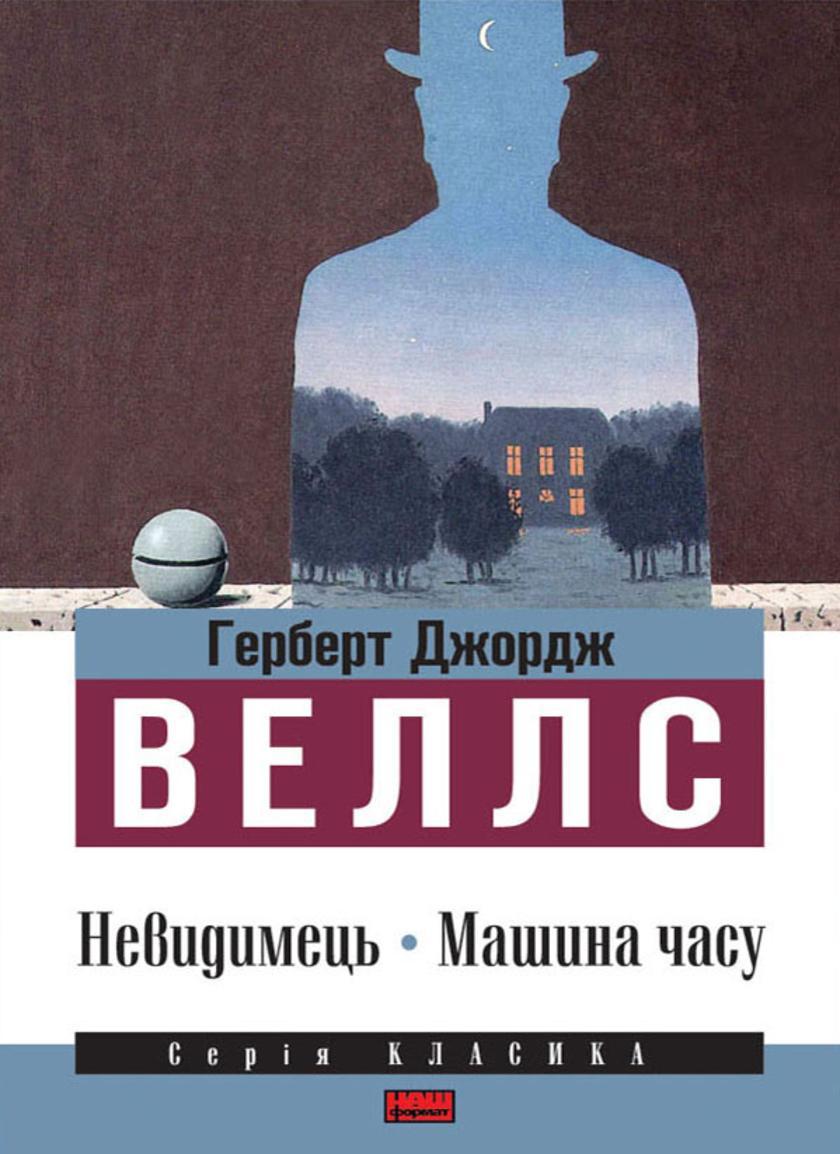
Невидимець. Машина часу
¥5.72
A obra encadeia associa??es entre os valores técnicos da língua e os valores estéticos da literatura. Realiza, ent?o, duas abordagens complementares, defi nida a unidade língua/literatura como uma díade com polos inseparáveis – a língua sustentando um código limitativo e prescritivo; a literatura alimentando a reprodu??o artística do sistema linguístico –, da fus?o de ambas resultando um efeito de sentido.
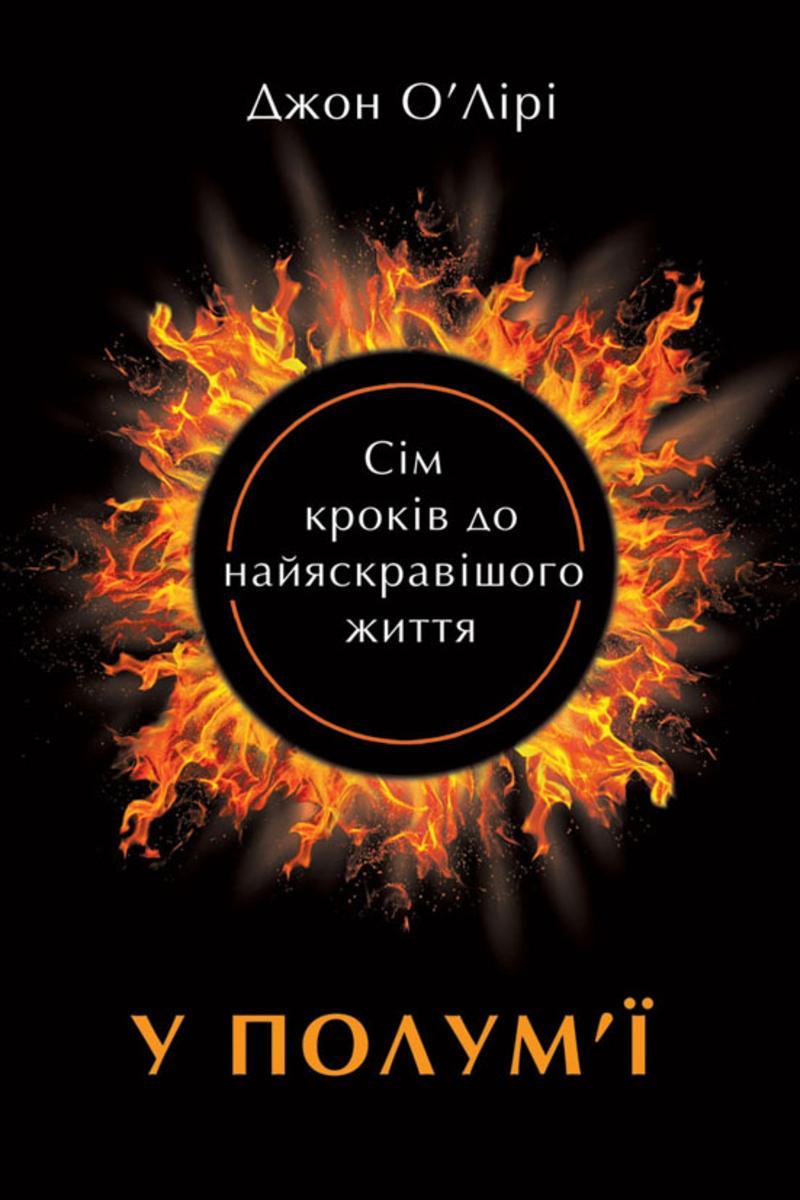
У полум’?: 7 крок?в до найяскрав?шого життя
¥22.74
Aganetha Smart, a 104 éves egykori olimpikon futón? elfeledve él egy nyugdíjasotthonban. Gy?zelmével annak idején mindenkit leny?g?z?tt: a kanadai versenyz? abban az évben nyert aranyat, amikor el?sz?r szerepelhettek n?i atléták az olimpián. Sorsát azonban legalább ennyire meghatározták az els? világháború komor évei, valamint vágya, hogy szembeszálljon korának konvencióival. Egy napon két idegen keresi fel, akik dokumentumfilmet készítenek a régi id?k n?i sportolóiról. A múlt eseményeit megismerve lassan megértjük, miként segített az aranyérem Aganethának megszabadulni a titkokkal terhelt családi ház béklyóitól. ?m a hajdani bajnokn?nek még egy kihívással szembe kell néznie: a filmesek talán nem is azok, mint akiknek mutatják magukat… Carrie Snydert valós t?rténelmi helyzetek inspirálták, hogy megírja fordulatokban gazdag regényét, a becsvágy és a n?i emancipáció t?rténetét, amelyb?l kiderül, hogyan képes határait átlépve a saját életét élni egy n?.
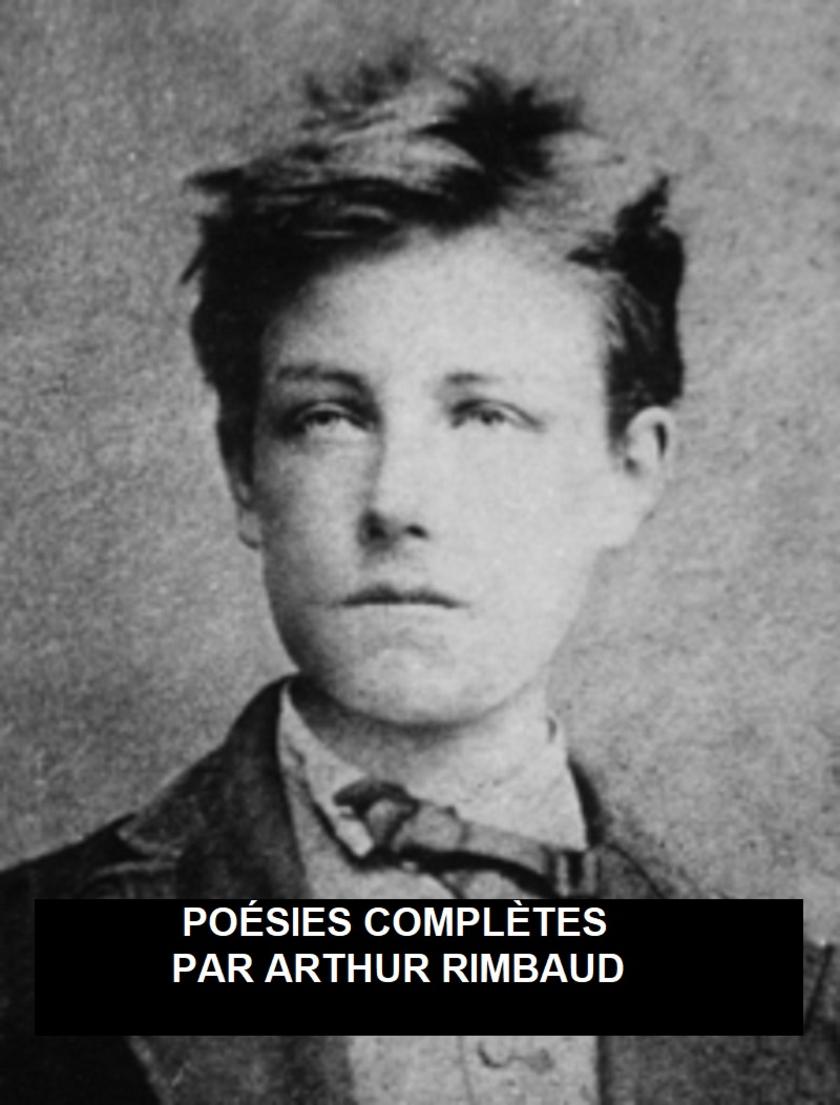
Poésies Complétes
¥8.09
D'abord publié en 1895, en fran?ais. Avec des liens vers tous les poèmes de la table des matières. Selon Wikipédia: "Jean Nicolas Arthur Rimbaud (20 octobre 1854 - 10 novembre 1891) est un poète fran?ais né à Charleville, en Ardenne, qui a influencé la littérature et les arts modernes, inspiré divers musiciens et préfiguré le surréalisme. jeune homme, alors qu'il était encore à l'école primaire, et s'est arrêté complètement avant d'avoir 21 ans .Il était surtout créatif dans son adolescence (17-20) .Son ?génie, sa floraison, explosion et extinction soudaine, étonne encore?. Il a été un libertin et une ?me inquiète, il a beaucoup voyagé sur trois continents avant sa mort du cancer juste après son trente-septième anniversaire. "
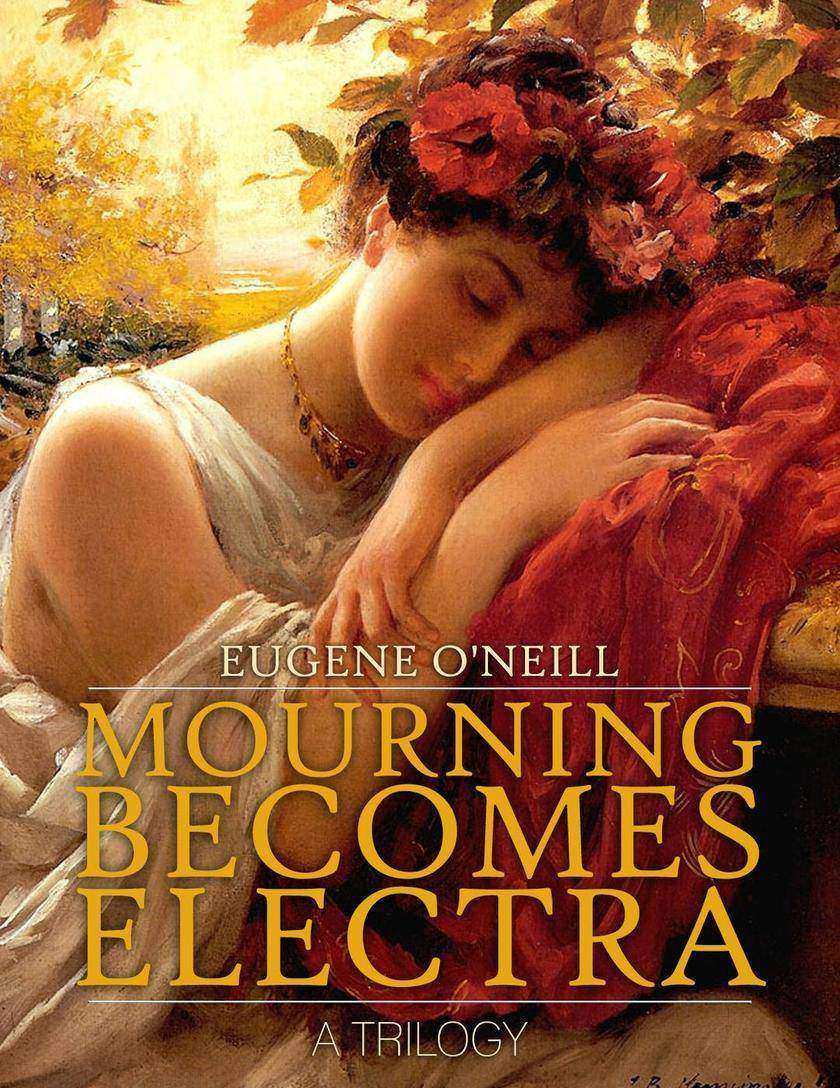
Mourning Becomes Electra
¥18.56
Mourning becomes Electra is a play cycle written by American playwright Eugene O'Neill. The play premiered on Broadway at the Guild Theatre on 26 October 1931 where it ran for 150 performances before closing in March 1932. In May 1932, it was revived at the Alvin Theatre, and in 1972 at the Circle in the Square Theatre.
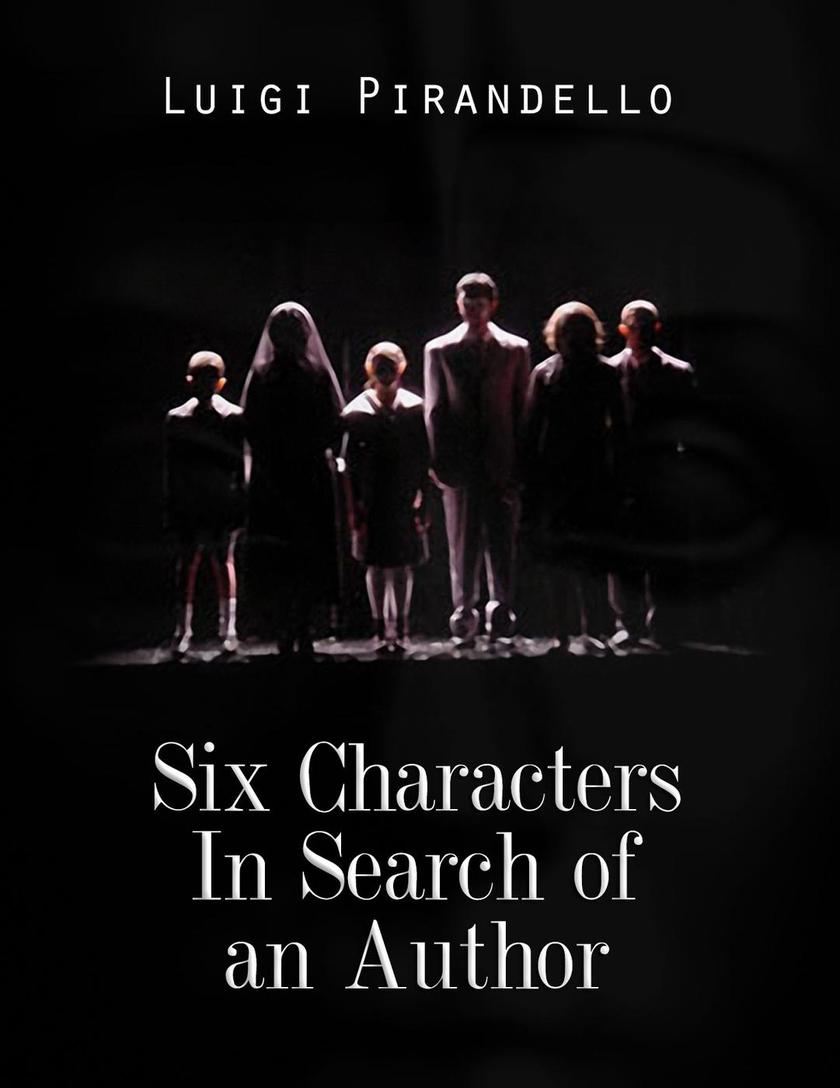
Six Characters In Search of an Author
¥18.56
Six Characters in Search of an Author is a 1921 Italian play by Luigi Pirandello, first performed in that year. An absurdist metatheatrical play about the relationship between authors, their characters, and theatre practitioners, it premiered at the Teatro Valle in Rome to a mixed reception, with shouts from the audience of "Manicomio!" and "Incommensurabile!", a reference to the play's illogical progression. Reception improved at subsequent performances, especially after Pirandello provided for the play's third edition, published in 1925, a foreword clarifying its structure and ideas. The play had its American premiere in 1922 on Broadway at the Princess Theatre, and was performed for over a year off-Broadway at the Martinique Theatre beginning in 1963.
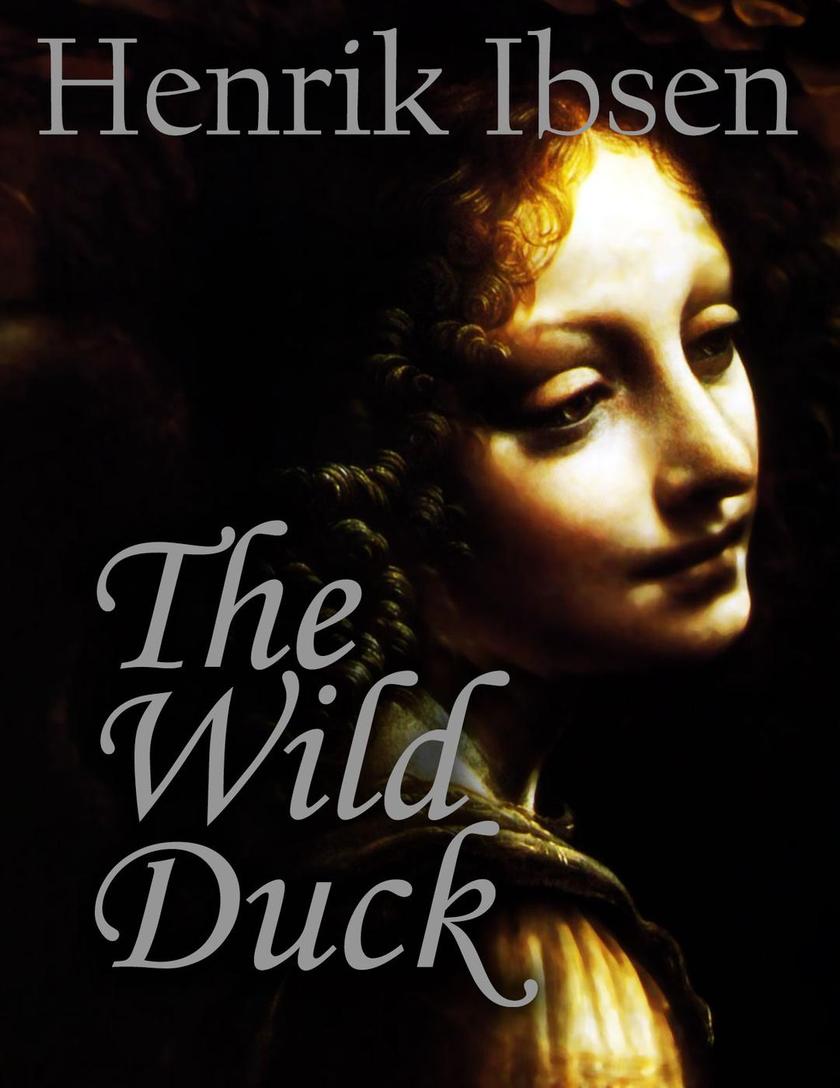
The Wild Duck
¥18.56
Should the truth be pursued whatever the cost? The idealistic son of a wealthy businessman seeks to expose his father's duplicity and to free his childhood friend from the lies on which his happy home life is based.
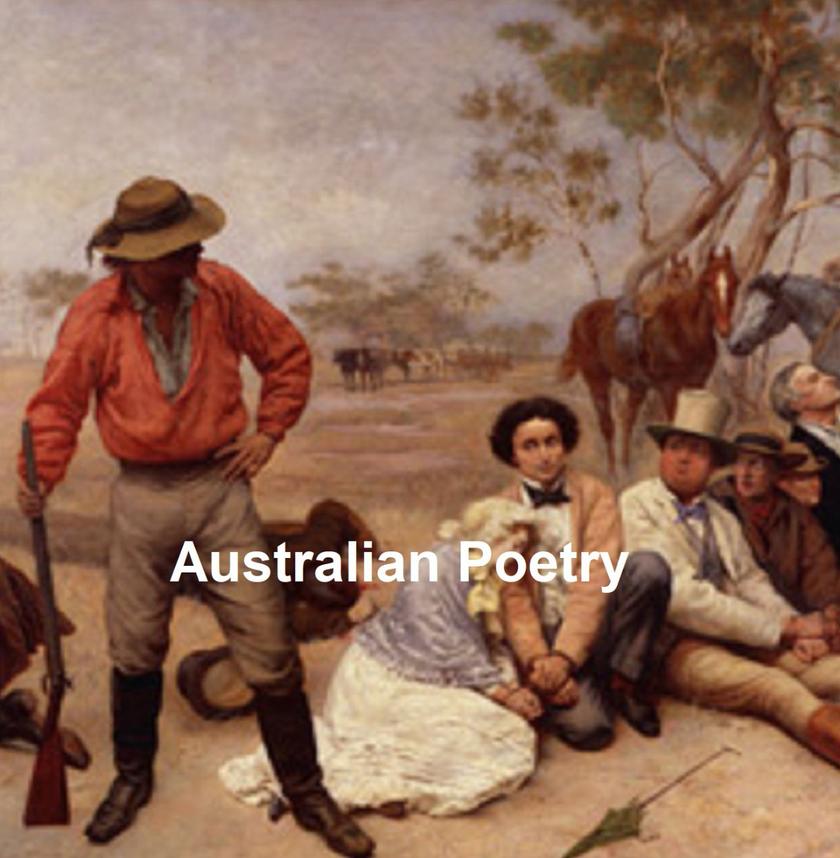
Australian Poetry
¥8.09
This file includes The Man from Snowy River and Other Verses, Saltbush Bill, J. P. and Other Verses, Rio rade's Last Race and other Verses all by Banjo Paterson, The Old Bush Songs edited by Banjo Paterson, In the Cays When the World Was Wide and Other Verses by Henry Lawson, and The Songs of a Sentimental Bloke, Digger Smith, and The Glugs of Gosh by C. J. Dennis.
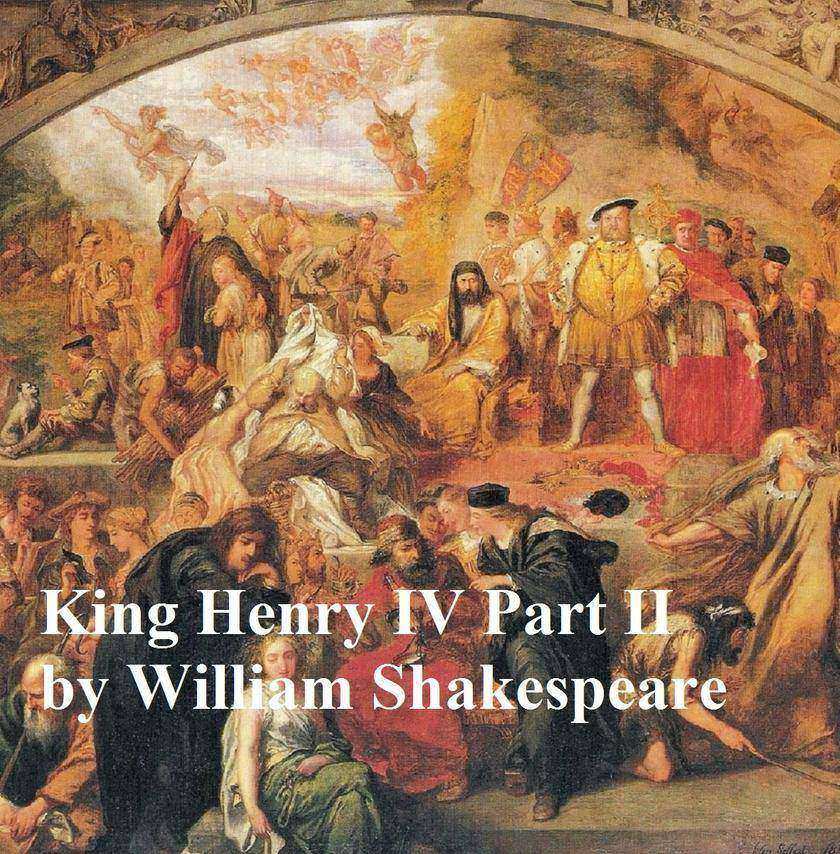
King Henry IV Part 2, with line numbers
¥8.09
The classic Shakespearean history, with line numbers. According to Wikipedia: "Henry IV, Part 2 is a history play by William Shakespeare, believed written between 1596 and 1599. It is the third part of a tetralogy, preceded by Richard II and Henry IV, Part 1 and succeeded by Henry V."
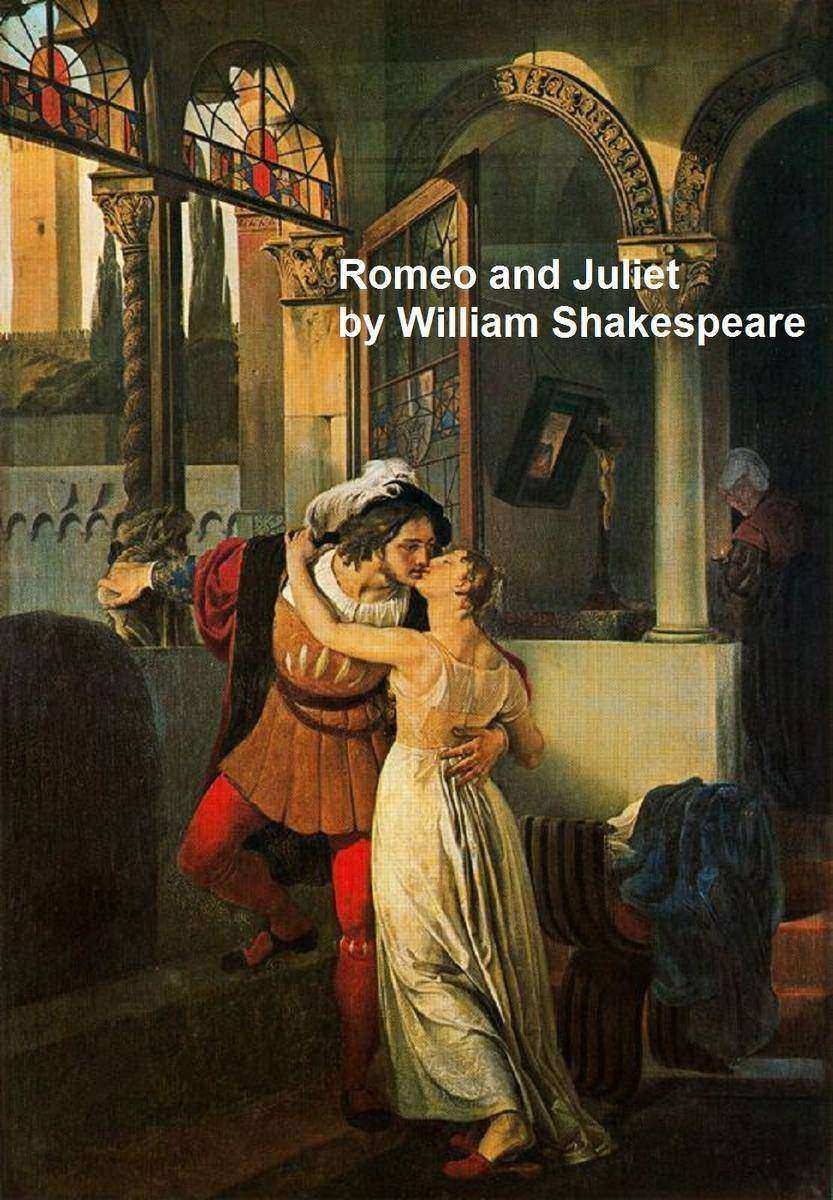
Romeo and Juliet, with line numbers
¥8.09
The classic tragedy. According to Wikipedia: "Romeo and Juliet is a tragedy written early in the career of William Shakespeare about two teenage "star-cross'd lovers" whose untimely deaths ultimately unite their feuding families. It was among Shakespeare's most popular plays during his lifetime and, along with Hamlet, is one of his most frequently performed plays. Today, the title characters are regarded as archetypal young lovers."
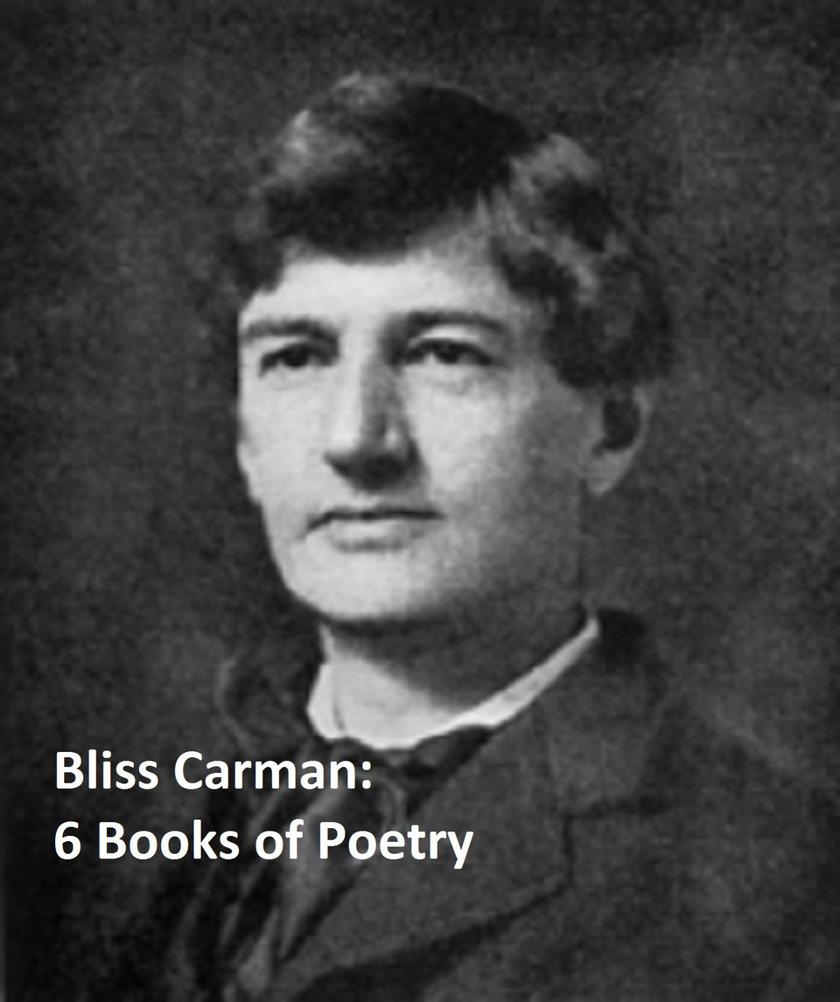
6 Books of Poetry
¥8.09
This collection includes the poetry books: Ballads of Lost Haven, Behind the Arras, Later Poems, More songs from Vagabondia, Sappho, and Songs from Vagabondia. According to Wikipedia: ""Bliss Carman (April 15, 1861 – June 8, 1929) was a Canadian poet who lived most of his life in the United States, where he achieved international fame. He was acclaimed as Canada's poet laureate during his later years. In Canada Carman is classed as one of the Confederation Poets, a group which also included Charles G.D. Roberts (his cousin), Archibald Lampman, and Duncan Campbell Scott. Of the group, Carman had the surest lyric touch and achieved the widest international recognition."
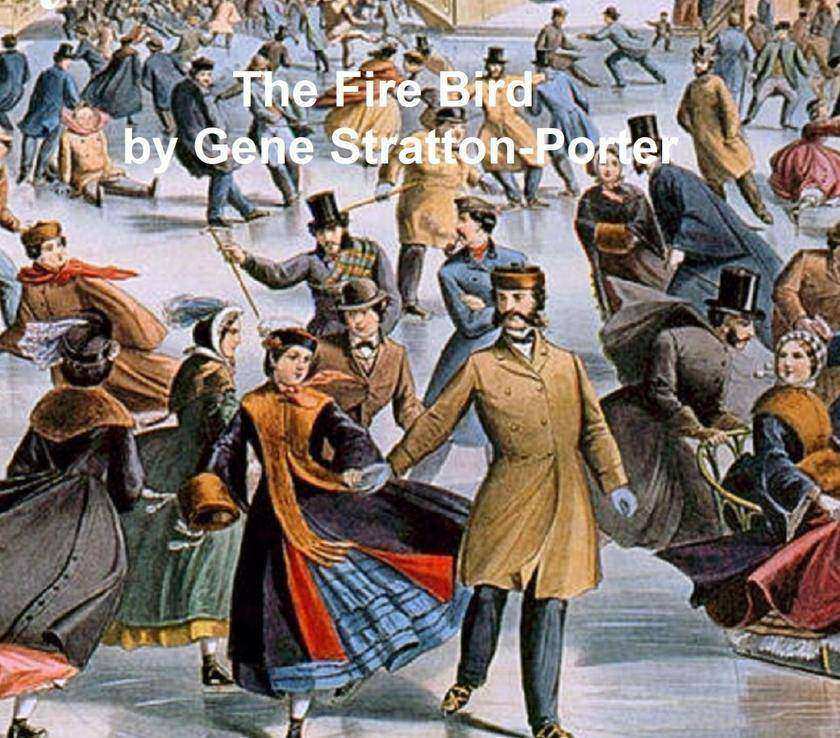
The Fire Bird
¥8.09
Long poem about native Americans and their mythology. According to Wikipedia: Gene Stratton-Porter (August 17, 1863 – December 6, 1924) was an American author, amateur naturalist, wildlife photographer, and one of the earliest women to form a movie studio and production company. She wrote some best-selling novels and well-received columns in national magazines, such as McCalls. Her works were translated into several languages, including Braille, and Stratton-Porter was estimated to have had 50 million readers around the world."




 购物车
购物车 个人中心
个人中心



